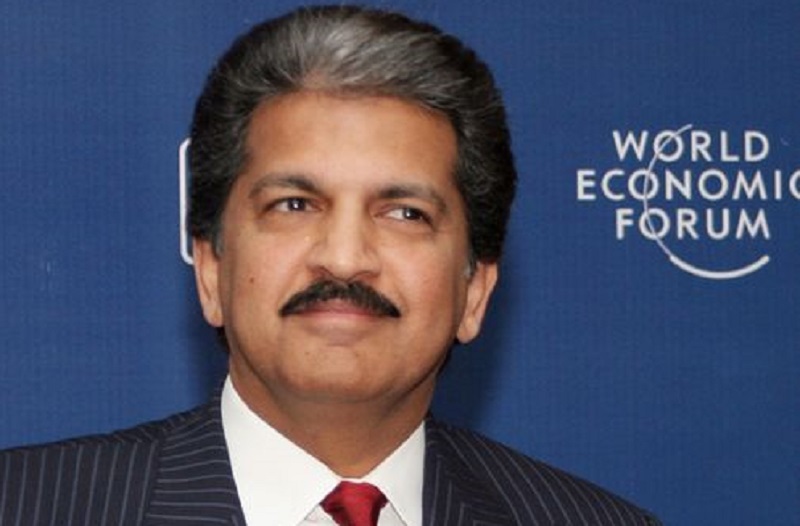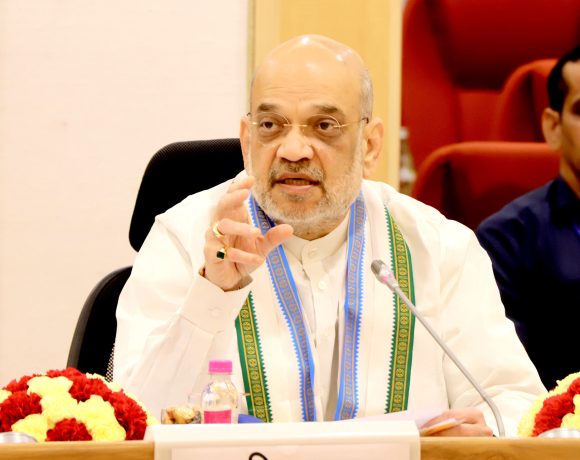
Anand Mahindra Urges Two-Step Strategy Amid US Tariff Hike
Indian business leader Anand Mahindra has suggested a focused two-step strategy to turn the latest U.S. trade move into an opportunity. His comments come in the wake of President Donald Trump’s announcement of a 25% additional tariff on certain Indian imports, a move that has created uncertainty for Indian exporters and raised concerns across the domestic business community.
Mahindra, Chairman of the Mahindra Group, reacted to the development on social media by urging Indian industry and policymakers not to panic, but instead to view this as a chance to strengthen India’s global competitiveness.
Anand Mahindra’s Proposed Two-Step Approach
Mahindra’s first recommendation is to double down on enhancing the quality of Indian exports. He stressed that India must improve its value proposition so that its products can justify a premium in global markets, even in the face of higher tariffs.
His second suggestion is to aggressively explore alternative markets and reduce over-dependence on any single country, including the United States. This strategy, he believes, will safeguard India from policy volatility in major economies and help build more resilient trade ties.
India Faces Global Trade Headwinds
The tariff hike is part of a broader set of measures by the Trump administration aimed at protecting American industries and reducing trade deficits. While these duties are not yet officially in place, Indian exporters are bracing for possible consequences. Key sectors such as engineering goods, auto parts, textiles, and pharmaceuticals are likely to be impacted.
India’s Commerce Ministry is expected to study the tariff list closely and explore diplomatic channels for negotiation, especially through trade forums like the WTO or bilateral talks.
India Urged to Focus on Long-Term Trade Strength
Mahindra’s advice has resonated with several industry leaders, who echoed the need for self-reliance and quality improvement in Indian manufacturing. His call comes at a time when India is trying to reposition itself as a reliable alternative to China in global supply chains.
While the tariffs present a short-term challenge, they could also serve as a push for India to rethink its trade strategy, invest in domestic capacity, and embrace global best practices.


















